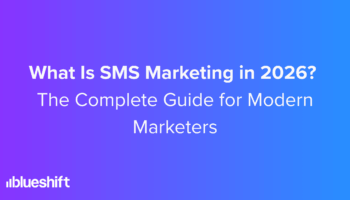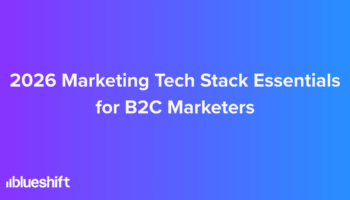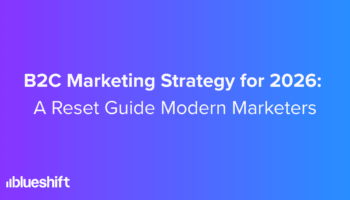Since the advent of the personal computer, no technology has captivated businesses in the way artificial intelligence (AI) has. Its influence is expected to span industries and job functions — and marketing is right in the thick of it.
To learn and quantify what marketers are doing with AI today, understand their challenges, and hear their aspirations, we teamed up with TechValidate (a SurveyMonkey company) to study the use of AI in marketing. We surveyed 200 marketing executives and practitioners from 198 business-to-consumer companies to understand their current experiences with AI technologies and their plans for the future. The results are in our report: Activating Customer Data for AI Powered Marketing. Here are some highlights.




